Lutein and zeaxanthin are potent antioxidants that support vision. Certain fruits and vegetables, such as kale, contain higher amounts of lutein than carrots alone.
These two nutrients are carotenoids — plant pigments that give produce a yellow to reddish coloration.
Both function as strong antioxidants, provide multiple health advantages, and are most commonly recognized for their role in eye health.
This article reviews the advantages of lutein and zeaxanthin, recommended supplement amounts, safety considerations, and dietary sources.

They act as important antioxidants
Lutein and zeaxanthin are effective antioxidants that protect your body from unstable molecules which cause oxidative damage.
Excess free radicals can harm cells and contribute to aging and oxidative stress. A 2022 review indicated oxidative stress may be involved in the progression of:
- neurodegenerative illnesses like Alzheimer’s
- cardiovascular disease
- chronic kidney disease
- cancer
- type 2 diabetes
- obesity
Additional properties reported in a 2020 review of carotenoids include:
- anti-inflammatory effects
- immune-enhancing actions
- supporting bone density
Lutein may also play a role in preventing nonalcoholic fatty liver disease (NAFLD). In both animal and human studies, lutein correlated with reduced:
- NAFLD severity
- total cholesterol
- fat accumulation
SummaryLutein and zeaxanthin serve as key antioxidants that shield cells from free radicals and oxidative damage.
They support eye health
Dietary lutein and zeaxanthin concentrate in the retina and lens of the eye, especially the macula, the region at the back of the eye.
The macula is vital for central vision. Lutein and zeaxanthin act as antioxidants there, helping to neutralize harmful free radicals. A 2020 review reported that reducing these free radicals over time can guard the retina against light-related damage.
Lutein also serves as a natural light filter by absorbing excess light energy, and it may specifically protect against blue light, as earlier research suggests.
Conditions that lutein and zeaxanthin may benefit include:
- Age-related macular degeneration (AMD): Intake of these carotenoids may help slow AMD progression and reduce the risk of vision loss.
- Cataracts: Cataracts form as cloudy areas on the eye’s lens. Consuming lutein- and zeaxanthin-rich foods may delay their development.
- Diabetic retinopathy: In both clinical and animal studies, lutein and zeaxanthin supplementation improved retinal function.
- Retinal detachment: Animal research reported enhanced retinal protection with lutein use, according to a 2019 review.
- Uveitis: Uveitis is inflammation of the eye’s middle layer. Research indicates lutein may lessen inflammation and oxidative stress in the uvea.
Although findings supporting lutein and zeaxanthin for eye conditions are promising, additional research is necessary to draw firm conclusions.
SummaryLutein and zeaxanthin may help prevent or slow several eye disorders, but further studies are needed to confirm their clinical roles.
They may protect your skin
Lutein and zeaxanthin are present in human skin. Studies indicate their antioxidant properties can shield skin from UV-induced harm.
A trial of a mixed carotenoid supplement observed higher skin carotenoid levels in those taking the treatment and reported greater resistance to UVB-driven erythema (sunburn) and UVA-induced pigmentation.
In a 2020 clinical pilot study, postmenopausal women eating 85 g of Ataulfo mango — a source of lutein and zeaxanthin — experienced improvements in facial wrinkles after 12 weeks. The study noted mangoes are rich in beta-carotene and other carotenoids.
SummaryLutein and zeaxanthin act as supportive antioxidants in skin, helping protect against sun damage and potentially improving wrinkle appearance.
Lutein and zeaxanthin supplements
Supplements containing lutein and zeaxanthin are commonly recommended to help prevent vision decline or eye disease. They are particularly popular among older adults worried about eye health.
Others may benefit from supplementation because studies indicate dietary carotenoid intake is frequently low. Since the body does not synthesize lutein and zeaxanthin, they must be consumed through food or supplements.
Adding these supplements can also boost overall antioxidant status, potentially providing broader protection against oxidative stress.
Consult your healthcare provider before beginning any supplement, especially if you have underlying health issues or take medications.
SummaryLutein and zeaxanthin supplements are widely used by people concerned about eye health and may help those with inadequate dietary intake.
Dosage
There is no official recommended daily intake for lutein and zeaxanthin. Typical American consumption of these carotenoids is relatively low. To lower AMD risk, higher amounts may be necessary.
The amount you need may vary depending on the reason for supplementation and other individual stressors.
Some guidelines advise a daily intake of 10 mg lutein and 2 mg zeaxanthin.
SummaryStudies commonly use 10 mg lutein and 2 mg zeaxanthin daily, but more research is required to determine the ideal dosage for health benefits.
Potential side effects and safety
Few adverse effects have been linked to lutein and zeaxanthin supplementation.
One human study with 11 participants suggested lutein is likely safe when taken at doses below 20 mg/day. No safety issues were reported in trials of children taking lutein and zeaxanthin supplements.
However, a case report described crystalline deposits in the eye of an older woman with glaucoma who took 20 mg/day of lutein for eight years; she also had a high dietary lutein intake.
Lutein and zeaxanthin supplements are generally recognized as safe (GRAS) by regulatory authorities.
The European Food Safety Authority (EFSA) has approved lutein from marigold and set acceptable intake guidelines per body weight for lutein and synthetic zeaxanthin.
While reported side effects are rare, further study is needed to define the safety of very high intakes.
SummaryLutein and zeaxanthin are generally safe at recommended doses, but additional research is needed to fully understand long-term effects at high consumption levels.
Food sources
Lutein and zeaxanthin are abundant in leafy green vegetables, even though they contribute to yellow and orange coloration in produce.
Spinach is among the richest sources of lutein. Together, lutein and zeaxanthin amount to 7,920 mcg per 100 g of spinach. Other prominent sources include:
- kale
- turnip greens
- collard greens
- mustard greens
Additional foods rich in lutein and zeaxanthin are:
- summer squash
- peas
- pumpkin
- Brussels sprouts
- broccoli
- sweet yellow corn
- avocado
- red bell peppers
Egg yolks contain a form of lutein that is well absorbed, though their overall lutein content is modest.
SummaryDark green vegetables such as kale, spinach, and broccoli are excellent sources of lutein and zeaxanthin. Egg yolks, peppers, and sweet yellow corn also provide meaningful amounts.
The takeaway
Lutein and zeaxanthin are powerful antioxidant carotenoids present in yellow and orange produce, concentrated in dark-green vegetables, and available as supplements.
Although no formal dosing guidance exists, many studies suggest daily intakes of about 10 mg lutein and 2 mg zeaxanthin are linked with beneficial outcomes.
Regulatory bodies generally consider lutein and zeaxanthin supplementation safe, yet more research is needed to clarify long-term health effects.
Typical diets provide relatively low levels of these carotenoids, and the body cannot synthesize them. Increasing fruit and vegetable intake is a straightforward way to boost your levels.

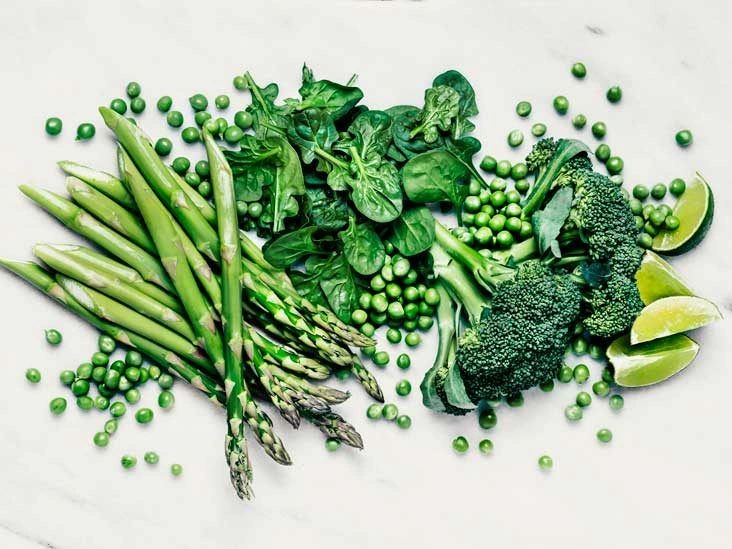


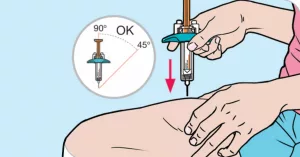

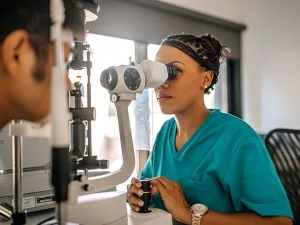


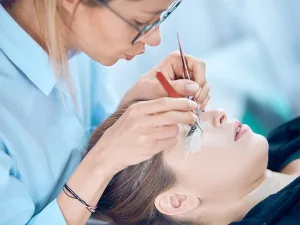
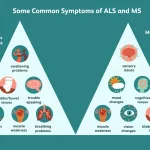











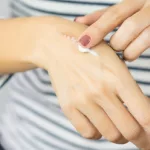


Leave a Reply
You must be logged in to post a comment.